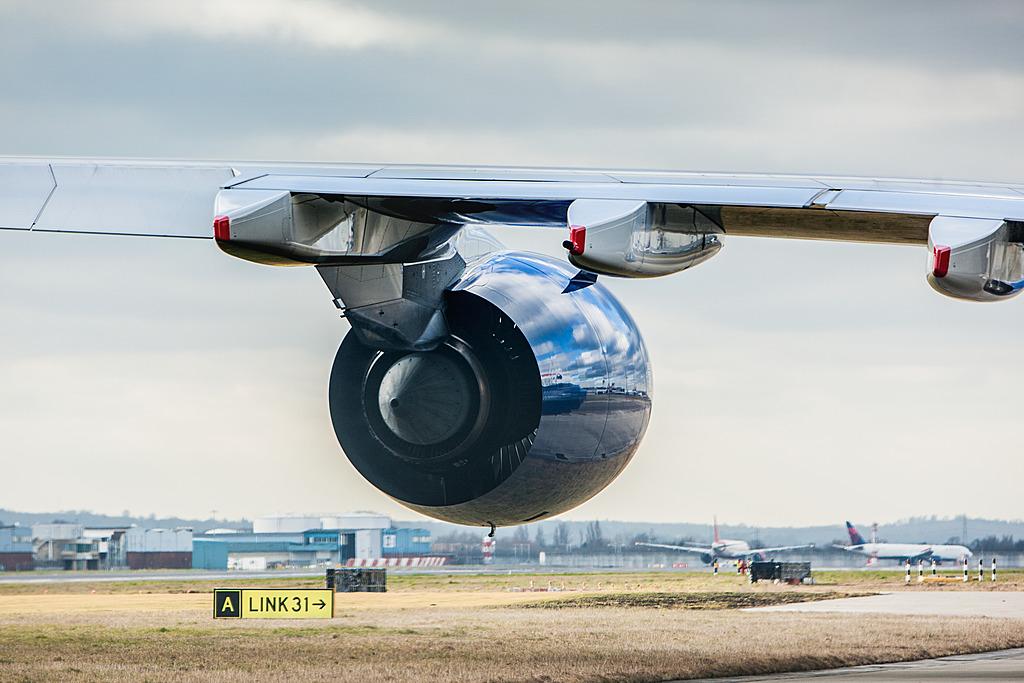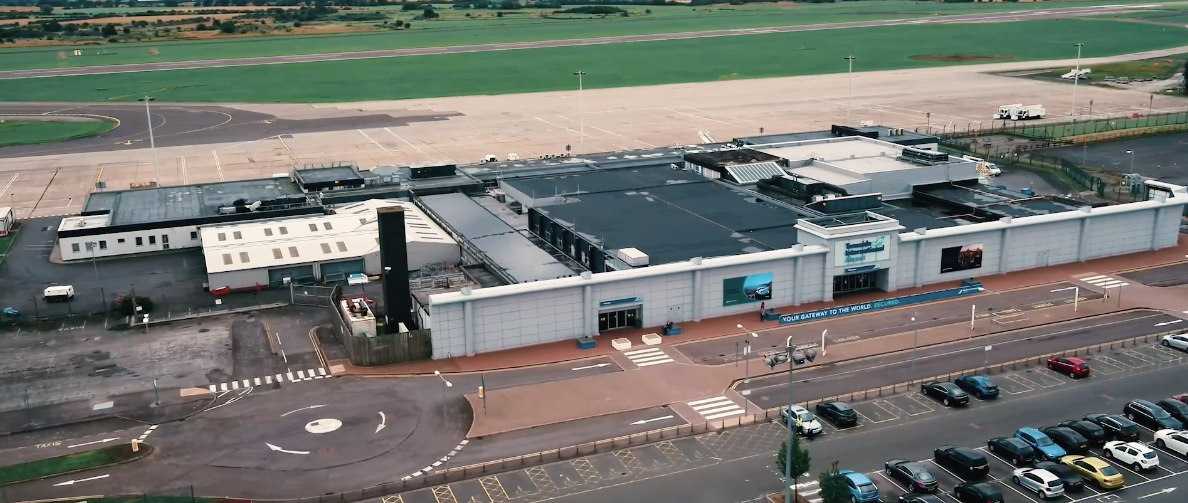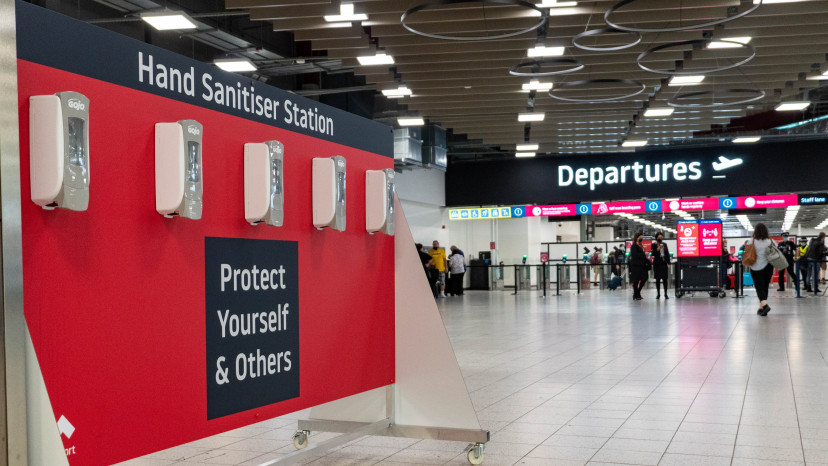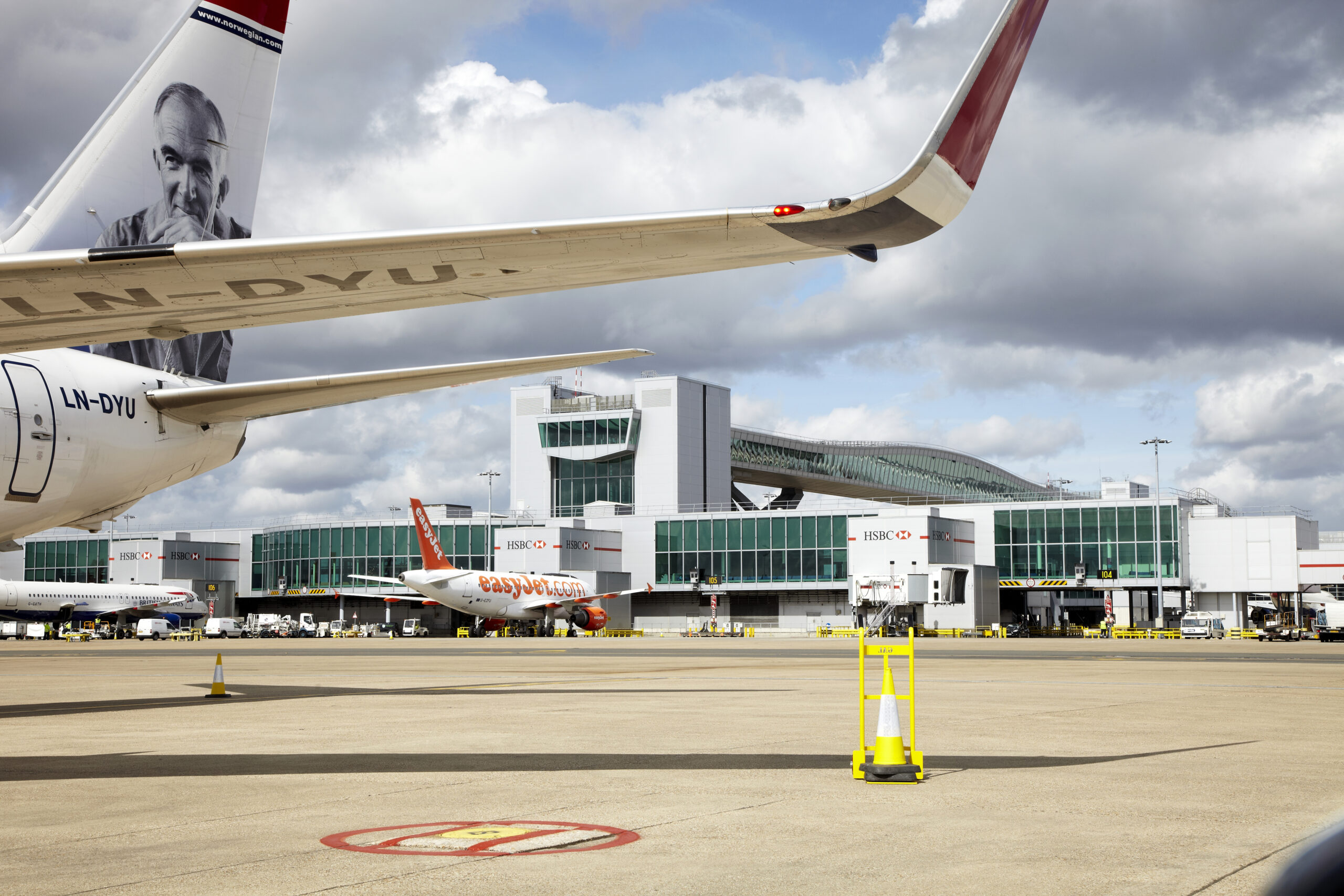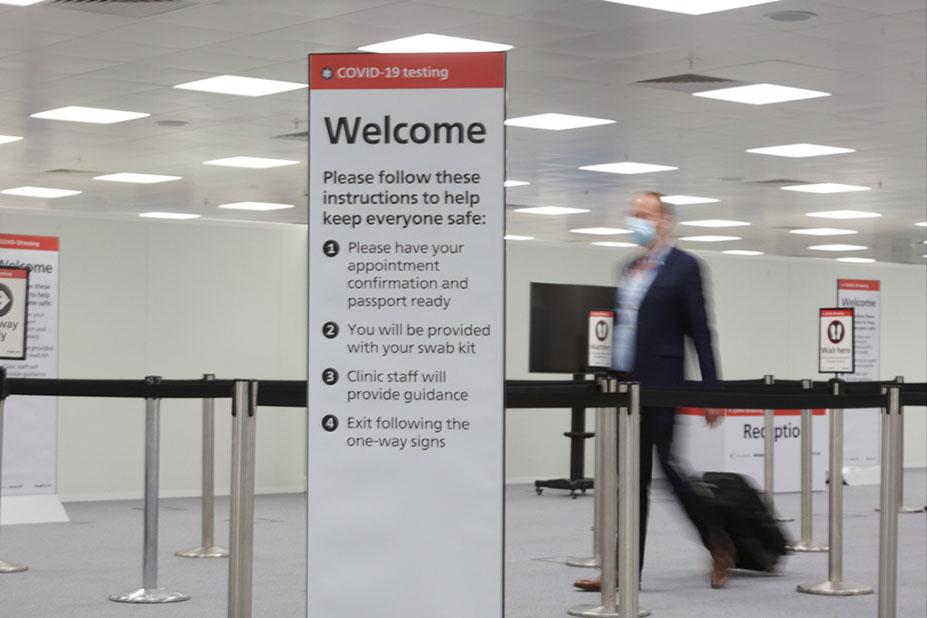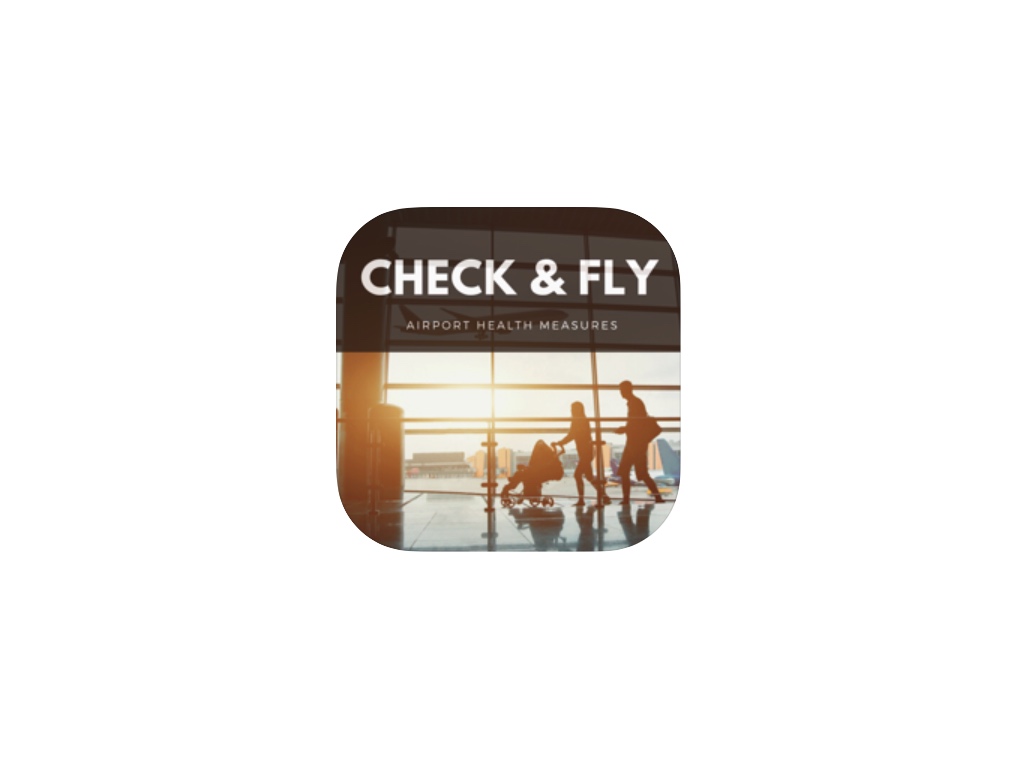Heathrow has trialled three rapid point of care testing solutions on colleagues to understand how these tests might be quickly conducted outside of a laboratory.
- Findings are being shared with Government as it considers how testing could be used to get aviation off the ground, whilst protecting public health
- Findings will complement the Government’s own learnings about usability of rapid point of care tests as it will strengthen the research being done in this area by trialling alternative suppliers
- These testing trials are in addition to Heathrow’s already proposed inbound testing facility in partnership with Collinson and Swissport
- The airport monitored the various sample collection methods and result times to determine the most efficient and user-friendly rapid testing method – which could be used to support recovery across sectors
Heathrow’s workforce has stepped up and taken part in three rapid point of care COVID testing trials, doing their bit to get aviation back flying again. The findings from the trials are being evaluated and will be shared with Government as Ministers consider how testing could provide a safe alternative to blanket quarantine in certain circumstances.
In colleague testing trials, Heathrow worked with:
- Geneme has proposed a rapid RT-LAMP test which uses a sample collected from a nasal or throat swab to provide results within 30 minutes. It uses a secure application from Yoti that simplifies the capture, processing and result sharing of Covid-19 tests, without needing paperwork. Secure spoof-proof results can be sent to an individual’s phone using the free Yoti app or to a specified email.
- Mologic has put forward a lateral flow solution which uses a saliva sample on a test which requires minimal equipment and is comparable to a pregnancy test.
- I-Abra is working with the airport to trial their Virolens testing device to see whether its machine learning holographic microscope, backed by Dell/Intel and partnered with TT Electronics plc for design and manufacturing, can quickly (in under 30 seconds) and accurately identify whether a person is carrying the disease through a self-administered test.
Colleagues were given the option to choose which of the solutions they trialled. However, as the results of these initial trials are only advisory until the methodologies are proven to work in a non-clinical setting, participating colleagues also took a Government approved, privately provided PCR test, administered by Collinson Assistance Services Ltd. to compare their results to Government accredited tests.
Earlier this month, the Government unveiled plans to trial new rapid coronavirus tests across NHS hospitals, care homes and labs to understand how these alternative tests could help to increase testing capacity in preparation for winter. Heathrow’s own trials will feed into the Government’s findings after being independently evaluated by a sub group of academics that are part of CONDOR. It is hoped that these findings will then be used to support the recovery across sectors.
CONDOR is working to accelerate the real-world use of COVID-19 diagnostics and their findings will help to identify the most accurate testing methods. Results of the study are being sent to Department for Health and Social Care to support the decision making process.
Heathrow CEO, John Holland-Kaye, said:Testing is the lifeline that the UK’s aviation sector needs to get back on its feet. We’ve put some of the most cutting-edge rapid testing technologies into action at Heathrow to see which offers the best solution. If we can find a test that is accurate, gets a result within a matter of minutes, is cost-effective and gets the Government green light, we could have the potential to introduce wide-scale testing at the airport. Every passenger travelling through Heathrow would have the confidence to know the airport is COVID-free, boosting demand and getting Global Britain back to safely trading and travelling with the world again. Without this, our first class aviation sector risks becoming second class, giving Britain's competitive advantage to others.
These trials further complement Swissport and Collinson’s proposed PCR testing-on-arrival pilot, the facility for which was unveiled last week. The pilot, which is subject to Government approval, could provide passengers arriving from countries with higher infection rates with a reduced quarantine period if they test negative for COVID-19 twice, during the proposed two test process.
Originally published here



